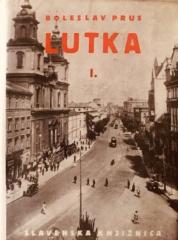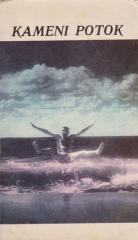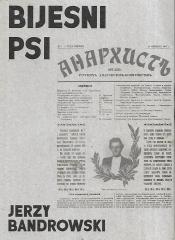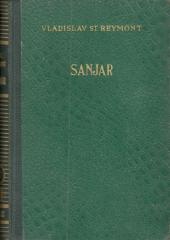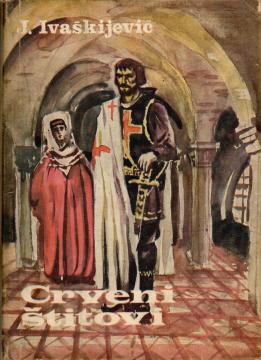
Crveni štitovi
"Red Shields" is a historical novel that narrates the dramatic events of Poland's medieval past. One of the key works of Polish literature, recognizable by its lyrical language and deep reflection on historical milestones.
The plot is set in the 13th century and follows the life of the Polish prince Henryk Pobożny, who faces the Mongol invasion and the fateful battle of Legnica in 1241.
The novel skilfully combines historical fact and literary fiction, creating a deep psychological study of character and time. Prince Henrik, portrayed as a brave and dedicated leader, faces inner dilemmas and fears as he tries to protect his people and preserve Christian values in a time of great trials.
Through lavish descriptions and the atmosphere of medieval Europe, Ivashkievich depicts the clash of civilizations — between Christian Europe and the pagan Mongols. The novel raises questions about faith, responsibility, and moral choices as Prince Henrik strives to defend his homeland in the face of an overwhelming military threat.
The title "Red Shields" symbolizes the bloody struggle and heroism of Polish warriors, but also the heavy burden of the ruler's duty. Through complex characters and striking scenes of battles, Ivashkievich builds a powerful epic story of sacrifice and tragedy, while at the same time analyzing human destiny in the face of imminent defeat.
Multiple copies are available
Copy number 2
- The cover is missing
Copy number 3
- The cover is missing
Copy number 4
- The cover is missing
- Traces of patina
